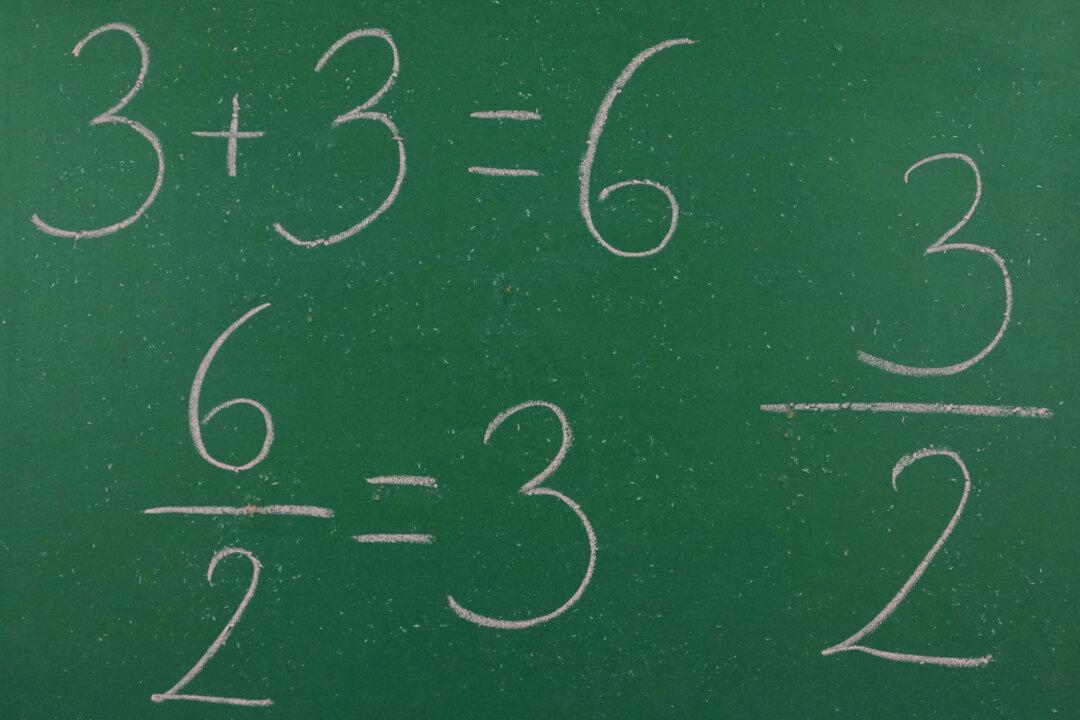Commentary
Bridge 9340 opened in 1967 and was the U.S. state of Minnesota’s third-busiest bridge, carrying 140,000 vehicles daily.

Bridge 9340 opened in 1967 and was the U.S. state of Minnesota’s third-busiest bridge, carrying 140,000 vehicles daily.